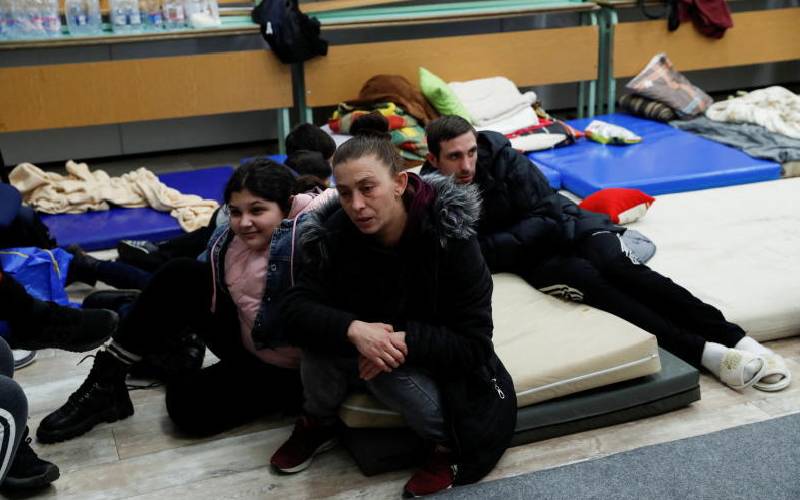×
The Standard e-Paper
Smart Minds Choose Us

People from Ukraine rest at a refugee shelter in a culture house, after Russia launched a massive military operation against Ukraine, in Zahony, Hungary February 25, 2022. [Reuters]
Fuel and food are at the heart of international relations following Russia’s invasion of Ukraine on Thursday.